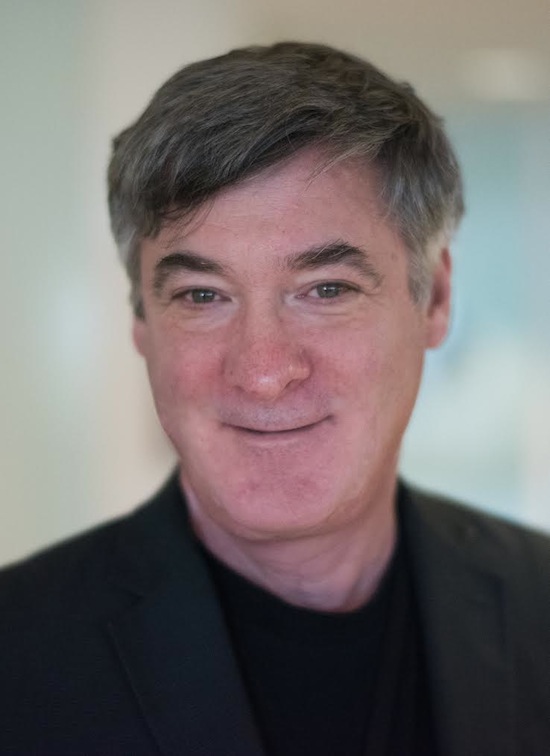Distinguished Lecture
Connecting with the Emerging Nervous System of Ubiquitous Sensing
This event is free and open to the publicAdd to Google Calendar

Abstract – This talk will overview the broad theme of interfacing humans to the ubiquitous electronic “nervous system” that sensor networks will soon extend across things, places, and people, going well beyond the “Internet of Things,’ and in different ways challenging the notion of physical presence. I’ll illustrate this through two avenues of research – one looking at a new kind of digital “omniscience” (e.g., different kinds of browsers for sensor network data & agile frameworks for sensor representation) and the other looking at buildings & tools as “prosthetic” extensions of humans (e.g., making HVAC and lighting systems an extension of your natural activity and sense of comfort, or smart tools as human-robot cooperation in the hand), drawing from many projects that are running in my group at the MIT Media Lab.
Biography – Joseph Paradiso directs the Responsive Environments group, which explores how sensor networks augment and mediate human experience, interaction, and perception. In addition, he co-directs the Things That Think Consortium, a group of industry sponsors and Media Lab researchers who explore the extreme fringe of embedded computation, communication, and sensing.
After two years developing precision drift chambers at the Lab for High Energy Physics at ETH in Zurich, he joined the Draper Laboratory, where his research encompassed spacecraft control systems, image processing algorithms, underwater sonar, and precision alignment sensors for large high-energy physics detectors. He joined the Media Lab in 1994, where his current research interests include embedded sensing systems and sensor networks, wearable and body sensor networks, energy harvesting and power management for embedded sensors, ubiquitous and pervasive computing, localization systems, passive and RFID sensor architectures, human-computer interfaces, and interactive media. He has authored 200 articles and technical reports on topics ranging from physics detectors to power scavenging.
After receiving a BS in electrical engineering and physics summa cum laude from Tufts University, Paradiso became a K.T. Compton fellow at the Lab for Nuclear Science at MIT, receiving his PhD in physics there for research conducted at CERN in Geneva.
 MENU
MENU 
